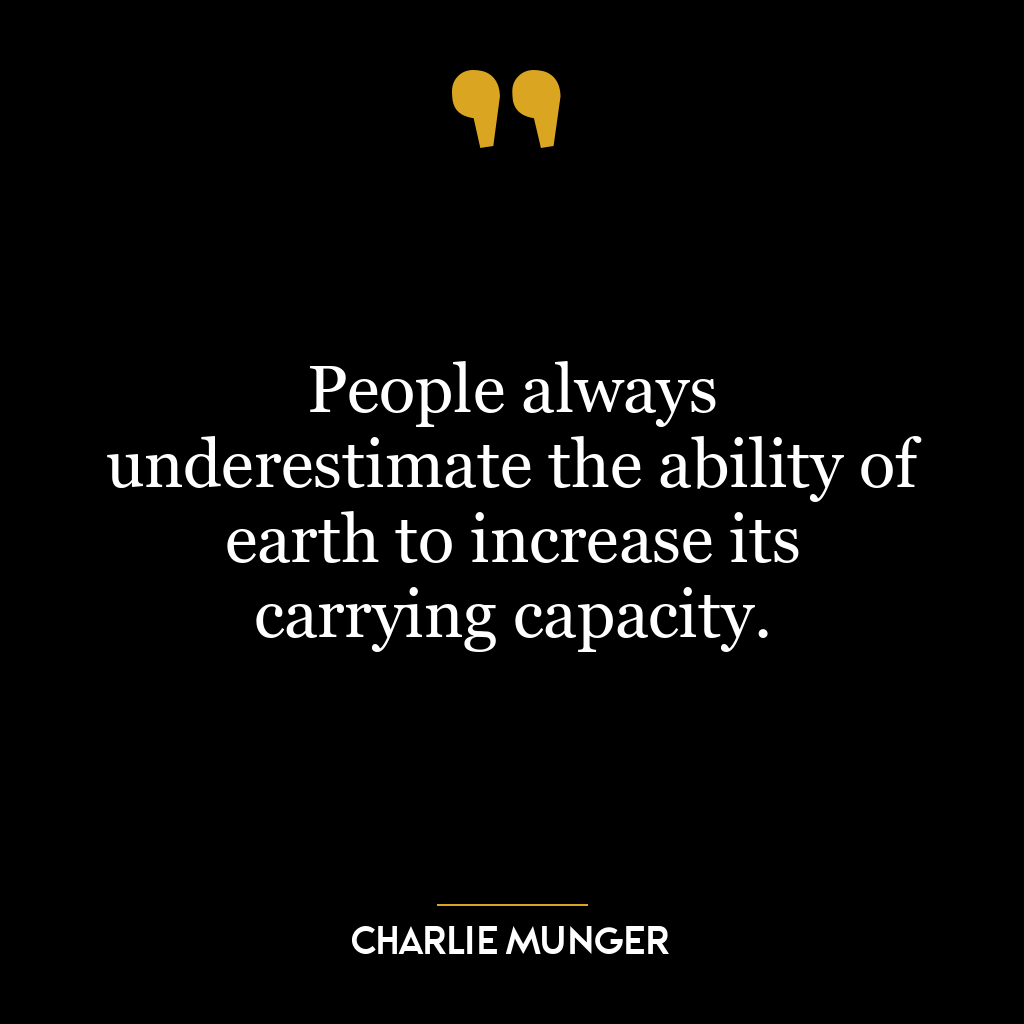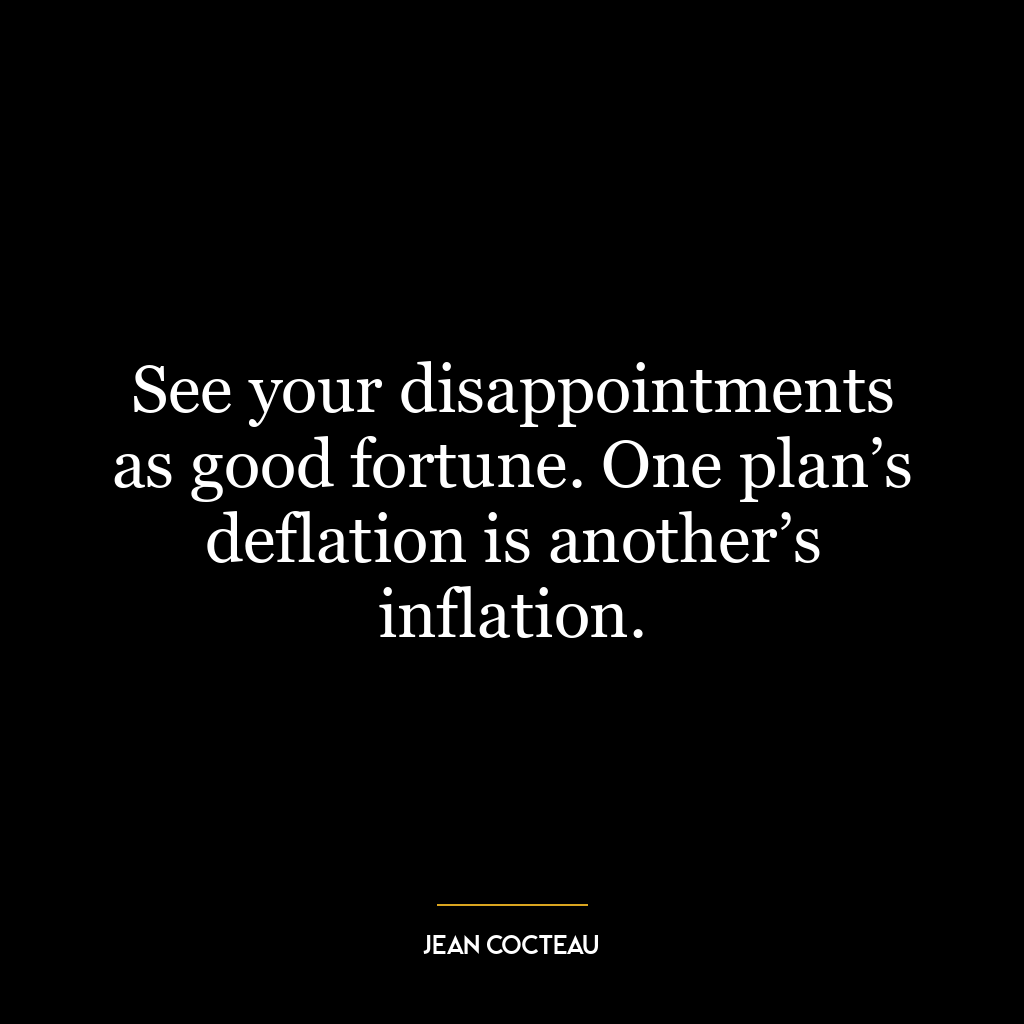This quote suggests that those who cannot bear to be wrong are often the ones who are most frequently mistaken. It highlights the human tendency to stick to one’s beliefs or opinions, even in the face of contrary evidence. This stubbornness or inability to admit one’s mistakes can be a significant barrier to learning, growth, and progress.
The quote underscores the importance of humility and open-mindedness. It’s a reminder that being wrong is not a sign of weakness but a part of our human experience. It’s through our mistakes that we learn and improve. Those who refuse to accept their errors, who cannot tolerate the discomfort of being wrong, are likely to repeat their mistakes and fail to grow.
In today’s world, where information is readily available and opinions can be shared widely and quickly, this idea is especially relevant. It’s easy to find oneself in an echo chamber, surrounded by people and sources that reinforce our existing beliefs and opinions. This can lead to a false sense of certainty and an unwillingness to consider alternative viewpoints or admit when we’re wrong.
In terms of personal development, this quote suggests that we should embrace our mistakes, rather than avoid or deny them. By acknowledging our errors, we can learn from them and use them as opportunities for growth and improvement. This requires a certain degree of humility and the ability to endure the discomfort of being wrong. It’s a reminder that being open to being wrong is a strength, not a weakness. It’s a crucial part of learning, growth, and personal development.










